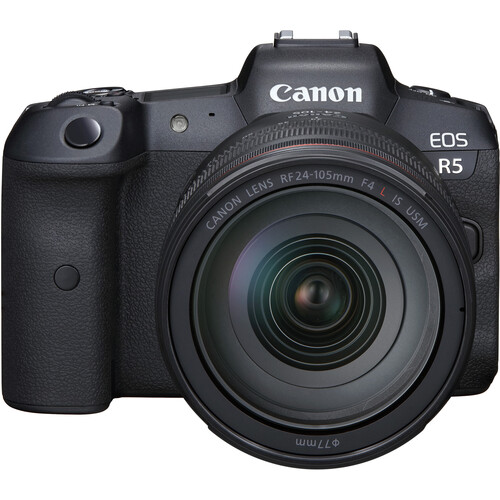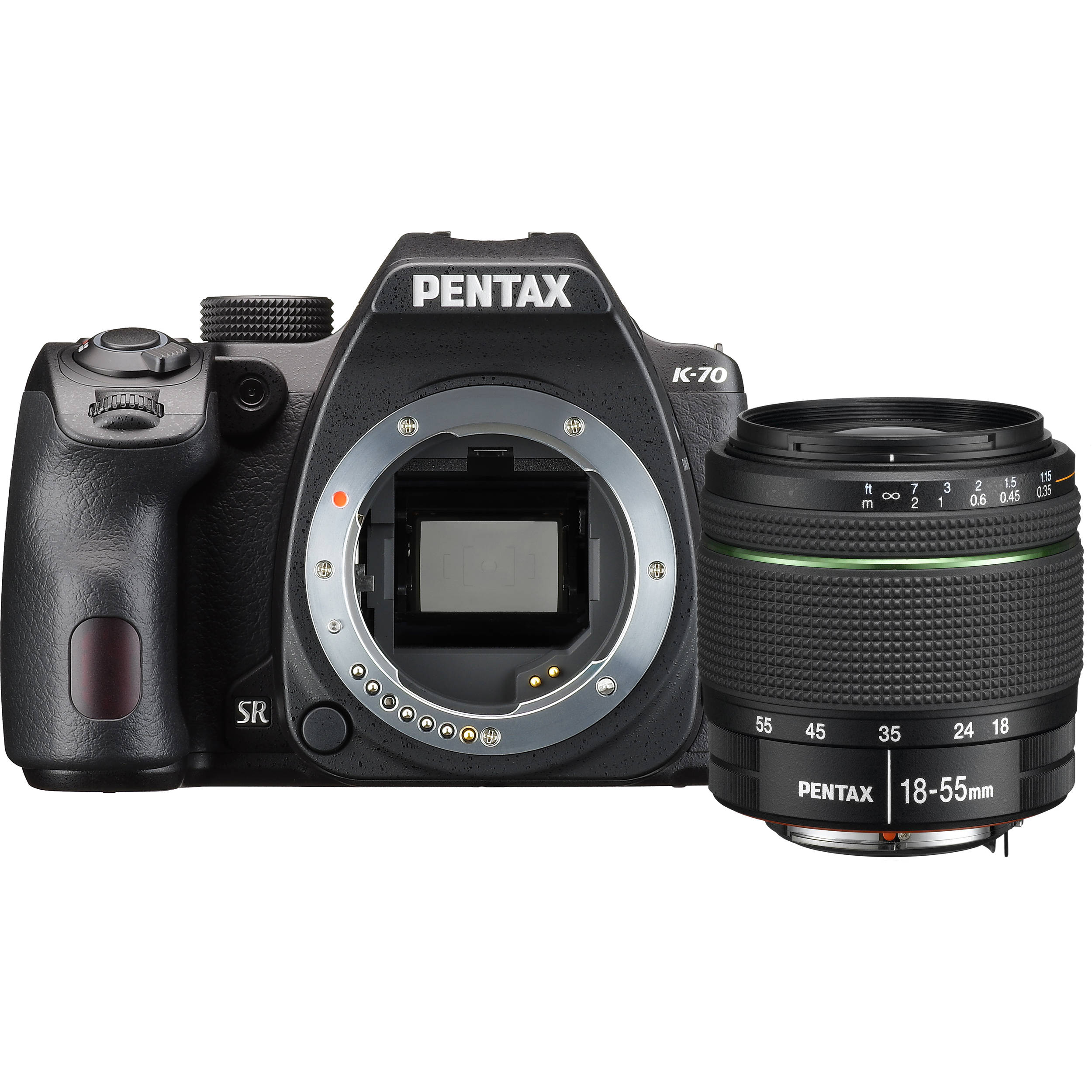Tokyo
Sony
Sony Corporation (ソニー株式会社, Sonī kabushiki gaisha, /ˈsoʊni/ SOH-nee, commonly known as Sony and stylized as SONY) is a Japanese multinational conglomerate corporation headquartered in Kōnan, Minato, Tokyo.[7][1] The company operates as one of the world's largest manufacturers of consumer and professional electronic products, the largest video game console company, the second largest video game publisher, the second largest record company, as well as one of the most comprehensive media companies,[8][9] being the largest Japanese media conglomerate by size overtaking the privately held, family-owned Yomiuri Shimbun Holdings, the largest Japanese media conglomerate by revenue.
Sony, with its 50 percent market share in the image sensor market, is among the semiconductor sales leaders[10][11] and, as of 2015, the fifth-largest television manufacturer in the world by annual sales figures. It is the world's largest player in the premium TV market, a market for a television of at least 55 inches with a price higher than $2,500.[12][13]
Sony Corporation is the holding company of the Sony Group (ソニー・グループ, Sonī Gurūpu), which comprises Sony Electronics, Sony Semiconductor Solutions, Sony Pictures, Sony Music, Sony Interactive Entertainment, Sony Financial Holdings, and others.
The company's slogan is Be Moved. Their former slogans were The One and Only (1979–1982), It's a Sony (1982–2005), like.no.other (2005–2009)[14] and make.believe (2009–2013).[15]
Sony has a weak tie to the Sumitomo Mitsui Financial Group (SMFG) corporate group, the successor to the Mitsui group.[16] Sony is listed on the Tokyo Stock Exchange (in which it is a constituent of the Nikkei 225 and TOPIX Core30 indexes) with an additional listing in the form of American depositary receipts listed in the New York Stock Exchange (traded since 1970, making it the oldest Japanese company to be listed in an American exchange), and was ranked 122nd on the 2020 Fortune Global 500 list.[17]
Nikon
For example, did you know we manufacture equipment used to fabricate the semiconductors found in your PC and smartphone? And that we make measuring instruments that detect microscopic defects in electronic components? Nikon technologies contribute to people's lives in ways you may never have imagined.
Fujifilm
Fuji Photo Film Co., Ltd. was established in 1934 as a subsidiary of Daicel with the aim of producing photographic films. Over the following 10 years, the company produced photographic films, motion-picture films and X-ray films. In the 1940s, Fuji Photo entered the optical glasses, lenses and equipment markets. After the Second World War, Fuji Photo diversified, penetrating the medical (X-ray diagnosis), printing, electronic imaging and magnetic materials fields. In 1962, Fuji Photo and UK-based Rank Xerox Limited (now Xerox Limited) launched Fuji Xerox Co., Ltd. through a joint venture.
From the mid-1950s, Fuji Photo accelerated the establishment of overseas sales bases. In the 1980s, Fuji Photo expanded its production and other bases overseas, stepping up the pace of its business
globalization. Meanwhile, Fuji Photo developed digital technologies for its photo-related, medical and printing businesses. As a result, it invented computed radiography (CR), which solved a number of issues of traditional radiography, resulting a decrease of radiation exposure to both technician and patient. Fujifilm's systems were marketed and sold under the FCR brand.[2]
Like its rival Eastman Kodak which dominated in the US, Fuji Photo enjoyed a longtime near-monopoly on camera film in Japan. By becoming one of the title sponsors of the 1984 Los Angeles Olympics (an opportunity that Kodak passed on), offering cheaper camera film, and establishing a film factory in the US, Fuji gained considerable market share there, while Kodak had little success in penetrating Japan. In May 1995, Kodak filed a petition with the US Commerce Department under section 301 of the Commerce Act arguing that its poor performance in the Japanese market was a direct result of unfair practices adopted by Fuji. The complaint was lodged by the US with the World Trade Organization. On January 30, 1998, the WTO announced a "sweeping rejection of Kodak's complaints" about the film market in Japan.[6][7]
Pentax
And we aim to continue driving our success through teamwork and collaboration. Our mission is to exceed customer expectations for our retail clients across the UK, Europe, Canada, Australia and New Zealand.We will do so through progressive thinking, innovative evolution and strong working relationships to always meet customer and market demands








0 Comments